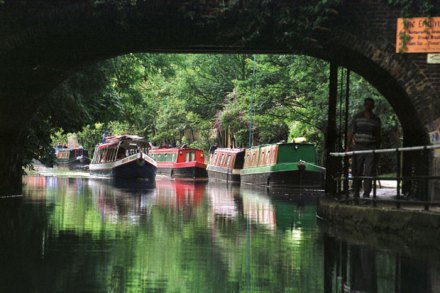Noble Endeavours, by Miranda Seymour – review
Like Miranda Seymour, the author of this considerable work on Anglo-German relations, I was raised in a Germanophile home. I spent summer holidays on the Bodensee and, after graduating from university, lived for a year in Munich and then another in Berlin. It seems to me a pity that my children and most of my











